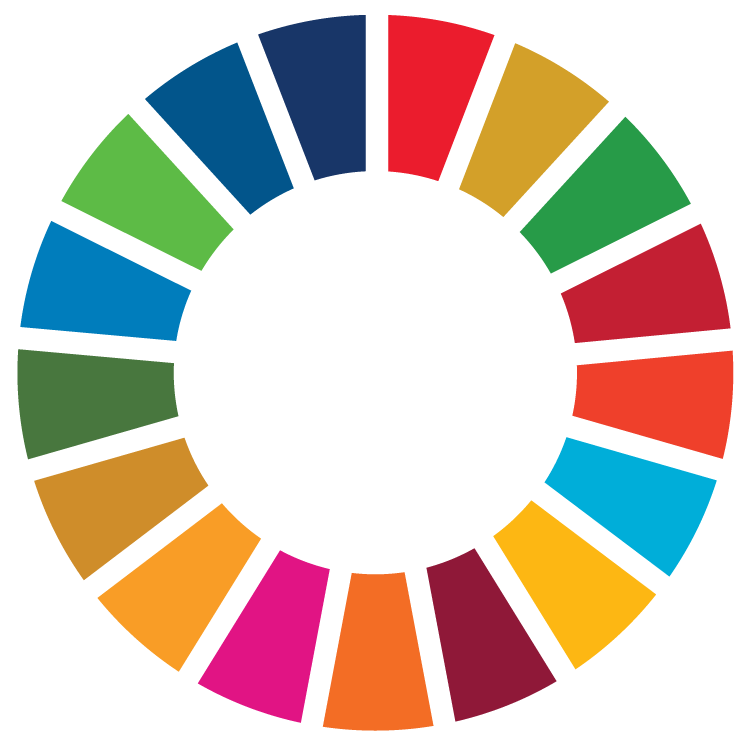[vc_row][vc_column][vc_column_text css_animation=”top-to-bottom”]In 2000, at the United Nations Millennium Summit, 189 world leaders adopted the Millennium Declaration and agreed to collective commitments to overcome poverty through a set of eight mutually reinforcing interrelated time-bound goals (MDGs) with related targets.
The MDGs synthesize the goals of 1990s global UN conferences and provide an accountability framework and global partnership for progressively eradicating poverty in all its dimensions. The MDGs are at the forefront of the global development agenda and represent the international community’s commitment to eradicate poverty by 2015.
Created in 2005, the Office of the Senior Special Assistant to the President on the Millennium Development Goals (OSSAP-MDGs) acts as the Secretariat to the Presidential Committee on the Assessment and Monitoring of the MDGs. In this role it provides guidance, coordination and oversight of the debt-relief gains (DRGs) while working alongside partners and other actors.
The Senior Special Assistant to the President is supported by a Director and Heads of Desks, who are in charge of supervision and policy formulation and implementation of various initiatives and programmes designed to achieve the MDGs.
As the MDGs era came to a conclusion with the end of the year 2015, 2016 ushered in the official launch of the bold and transformative 2030 Agenda for Sustainable Development adopted by world leaders September 2015, at the United Nations.
The new Agenda calls on countries to begin efforts to achieve 17 Sustainable Development Goals (SDGs) over the next 15 years.
“The seventeen Sustainable Development Goals are our shared vision of humanity and a social contract between the world’s leaders and the people,” said UN Secretary-General Ban Ki-moon. “They are a to-do list for people and planet, and a blueprint for success.”[/vc_column_text][/vc_column][/vc_row]


